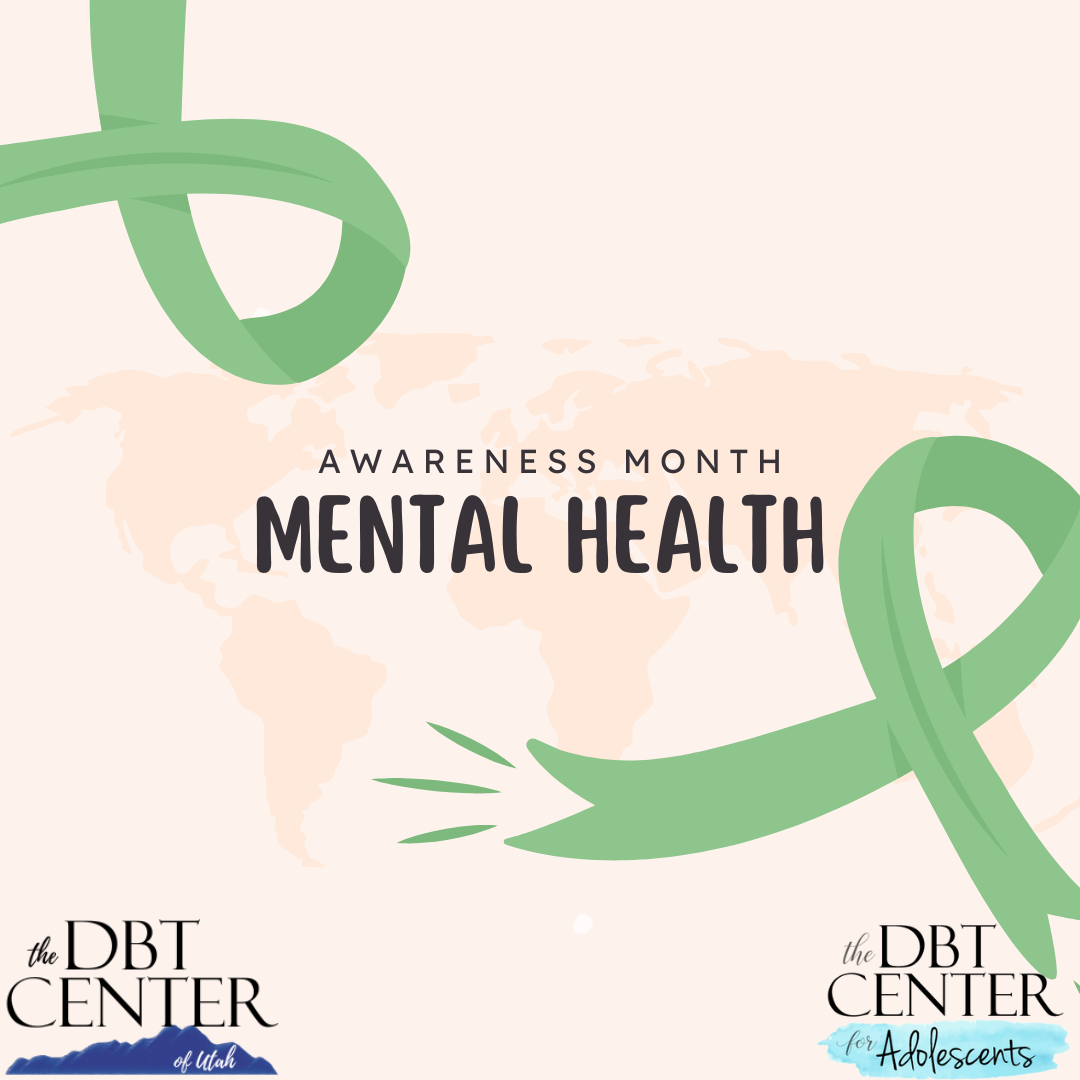
Each year, May marks an opportunity to reconnect with ourselves and each other, to prioritize mental well-being, and to amplify conversations that can change lives. Mental Health Awareness Month is a time to reflect on the importance of emotional and mental well-being, challenge stigma, and promote access to support.
Whether you’re personally navigating mental health challenges or supporting a loved one, this month serves as a reminder that mental health is just as important as physical health—and that no one has to face their struggles alone.
What Does Mental Health Awareness Look Like?
Struggling with mental health looks different for everyone—there is no “one-size-fits-all” experie
- Normalizing conversations about mental health, so people feel safe asking for support
- Breaking down myths and stereotypes, to challenge harmful misconceptions
- Encouraging access to treatment, because everyone deserves tools to navigate their well-being
- Promoting self-care and prevention—mental health isn’t just about crisis intervention, it’s about ongoing emotional maintenance
Think about the last time you checked in with your mental health—or reached out to someone else. What helped you feel supported? What was missing?
Why is Mental Health Awareness Important?
Even though conversations around mental health are more common today, stigma and misinformation still prevent many people from seeking help.
When more people understand mental health:
- It becomes easier to ask for help without fear or shame
- People can recognize their own struggles sooner and seek support earlier
- Families, friends, and workplaces become more compassionate and supportive
- Access to therapy and treatment becomes more normalized and encouraged
Mental health education matters. It allows us to support ourselves and each other with empathy and knowledge.
How Can You Participate in Mental Health Awareness?
May is the perfect time to check in with your own well-being—and to check in with the people you care about. Here are a few ways to support Mental Health Awareness this month:
- Start a conversation: Ask someone how they’re really doing—and be ready to listen
- Share resources: If you know of helpful mental health support (like The DBT Center of Utah!), don’t hesitate to share it
- Challenge stigmas and myths: Gently correct misinformation when you hear it
- Share your story: If you feel safe, your own experience can make a difference for someone else
How Do DBT and Therapy Fit In?
Awareness is powerful—but action leads to change. Therapy can be a life-changing step for anyone facing mental health struggles.
At The DBT Center of Utah, our comprehensive DBT program offers:
- Individual therapy
- Skills groups to learn evidence-based DBT tools
- 24/7 phone coaching for real-time support
DBT provides the structure, skills, and support needed to navigate emotional pain and build a life worth living.
This May, Remember:
- Your mental health matters.
- It’s okay to ask for help.
- Healing is possible.
If you or someone you love is looking for effective tools and compassionate support, reach out to us today to learn more about how DBT and therapy can help. We’re here for you.
Looking for tools or more support?
Check out our DBT FAQ page or Call for a consultation to get started.

